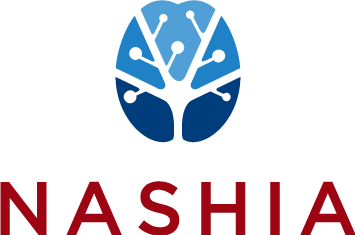An Analysis of Intake Tools Used in Brain Injury Resource Facilitation Programs
Brain injury (BI) is recognized by field experts as well as the Centers for Medicare & Medicaid Services as a chronic condition, with lasting medical, emotional, and physical challenges. As such, BI comes with a need for long-term solutions. Community-based brain injury resource facilitation can be beneficial in meeting and/or managing multiple needs that individuals with brain injury experience. Resource facilitation for individuals with brain injury and family members begins with the basic process of assessing an individual's needs. From there it can then provide information and referral to services or, depending on availability of funding and resources, an array of services and supports.
Because brain injury is so unique from person to person, the needs of individuals with brain injury also vary greatly. While multiple studies have assessed the needs of persons with BI, there is no consensus on categorization of needs, or a mechanism for collecting information from individuals being served. It is essential to support the types and levels of an individual’s needs while consistently collecting the data. NASHIA was tasked with identifying intake tools currently used across states for resource facilitation, comparing and reviewing common elements, and recommending best practices for state assessment tools related to an individual’s initiation and areas of need in a brain injury focused resource facilitation program.
NASHIA staff reviewed several historic documents that describe the origins, principles, and components of resource facilitation. A survey was created to collect information from all state government and partner programs currently providing some level of community-based supports. Information was gathered from a total of 33 states: Alabama, Alaska, Arizona, Arkansas, Colorado, Florida, Georgia, Hawaii, Idaho, Indiana, Iowa, Kansas, Kentucky, Louisiana, Maine, Maryland, Massachusetts, Minnesota, Missouri, Nebraska, New Hampshire, New Jersey, New York, North Carolina, North Dakota, Ohio, Pennsylvania, South Carolina, Tennessee, Utah, Vermont, Virginia, and West Virginia. Information was also collected from several state programs providing community-based service provision.

